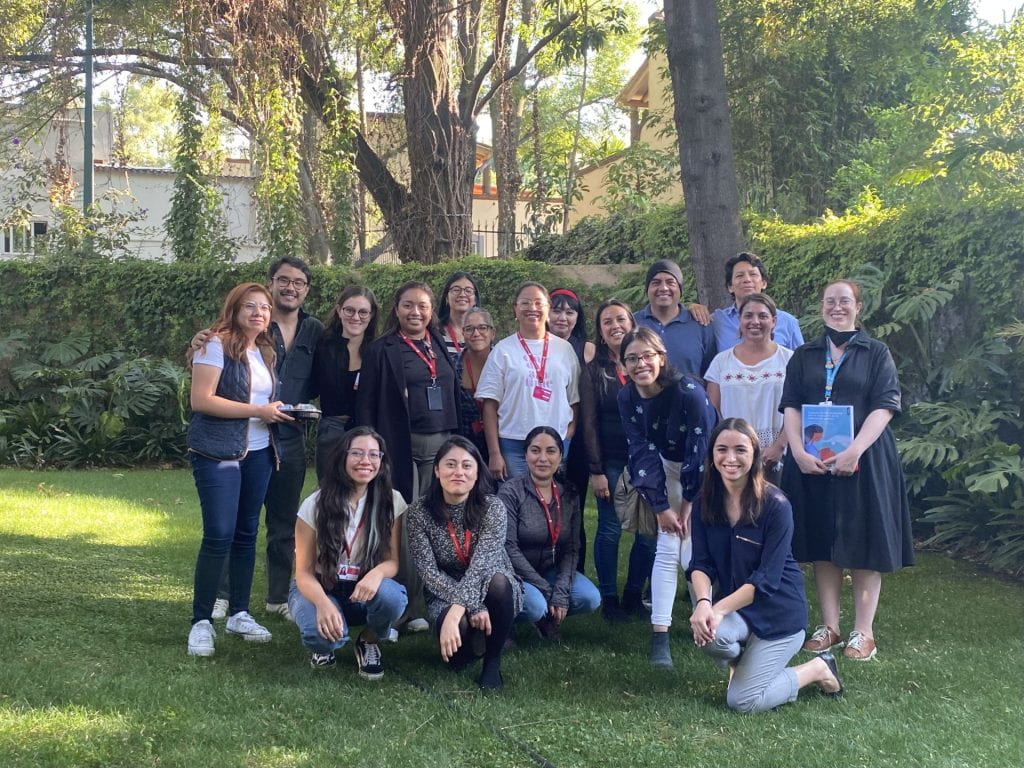It can be difficult for children in contexts of forced displacement to speak about experiences of gender-based violence they may have witnessed or experienced. This can make it difficult to provide the care or protection they need.
From 2020-2022, the Center for Human Rights, Gender and Migration at the Institute for Public Health at Washington University in St. Louis, studied barriers that survivors of Gender-based Violence (GBV) face when deciding whether to seek help or report their experiences. “Over the years, the humanitarian sector has made great progress in setting up systems to help GBV survivors with their medical, psychological, and legal needs,” notes Kim Thuy Seelinger, center director. “But for any of these support services to be activated, survivors need to be able and willing to come forward and let providers know what they need. So it’s important to understand the factors that either help or hinder folks from coming forward. Disclosure is a gateway to support and protection.”

Funded by the U.S. Department of State Bureau of Population, Refugees, and Migration, our center’s multi-country research led to development of an evidence-based, adaptable toolkit for service providers working with GBV survivors in diverse humanitarian crisis settings. Available in seven languages, the GBV Disclosure Toolkit, provides practical guidance regarding issues such as preparing for disclosure, and supporting survivors during and after disclosure. So far, our center’s team has presented and helped train many partners around the world on the GBV Disclosure Toolkit, including asylum authorities in Mexico and Greece, NGO teams from Kenya, Mexico, Greece, and eastern Europe, and even war crimes investigators in Ukraine.